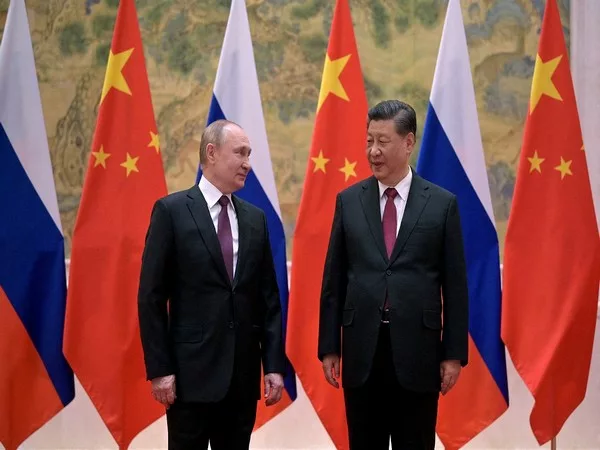The world may see the emergence of new supply chains and markets, especially when the geo-economic order is in flux and facing challenges, Valerio Fabbri writes in Portal Plus.
The United States-China trade disputes and sanctions on Russia since 2014, in the backdrop of the invasion in Crimes and then the latest one in Ukraine in February 2022 has disrupted the existing global industrial supply chain and opened the possibility of the emergence of new supply chains involving emerging markets like India.
In the emerging new geo-political order, after China and Russia are being increasingly alienated and marginalized for their activities in the Indo-Pacific and Europe respectively, they have no option but to come closer to economic ties and seek complementarities.
The issue has come to the fore amid increased disenchantment with the China-centric supply chains not only because it failed to deliver during the Covid-19 pandemic, but also due to Bejing’s poor track record in human rights and democracy, reported Portal Plus.
The paper titled Characteristics and Prospects of China-Russia Trade Cooperation from the Perspective of Global Industrial Chain was posted on the social media handle of the Institute of Economic and Political Studies and Global Strategic Think Tank of the Chinese Academy of Social Sciences (CASS) in late March.
The co-authored paper noted that China and Russia face triple challenges and they are, one is the impact of the epidemic, the second one is geo-political conflict and lastly, a global environmental policy which presents opportunities for Beijing and Moscow trade cooperation.
Contrary to the exaggeration of complementarity between them, there are real limitations to this new-found realization. It is because the claim in the CASS paper fails to appreciate the nature of the two economies and various asymmetries in their product lines and export baskets, apart from strategic concerns.
China, according to the paper, is in the middle and lower reaches of global value chains and its exports contain a certain amount of foreign value added, while Russia mainly exports raw materials such as oil and timber, which are upstream in the value chain, and part of its value added is contained in the exports of downstream countries, Portal Plus reported.
China may benefit from Russian raw materials including oil, but Russia does not have diversified intermediate products of Chinese interest such as microchips, which are very important for its electronics industries as Bejing is trying to scale up in the global supply chain from low-end to high-end tech products. Even in areas like Artificial Intelligence (AI) and 5G, Russia has got little to offer, the areas in which China intends to dominate the global supply chain in future.
Russia and China are talking about increased economic complementarity between them because it suits them strategically and helps them endure the turbulent geo-political environment. But they are aware that their economic complementarity is not enough to alter the geo-political and geo-economic matrix, while they’re being together poses an increased threat to the global supply chains, which eventually may lead to war-led disruptions weighing heavily on the West.
Economic sanctions, protectionism and the diversion of precious resources to war are great threats to the global economy and supply chains. Neither China and Russia nor the West could compensate for the economic losses by seeking new complementarities and trading in a closed loop. The author suggests utilising the time to restore free trade and shuffle resources from war to sustainable development, green technology and building infrastructure, the areas in which all the stakeholders in global power have failed utterly, as per the report in Portal Plus.

